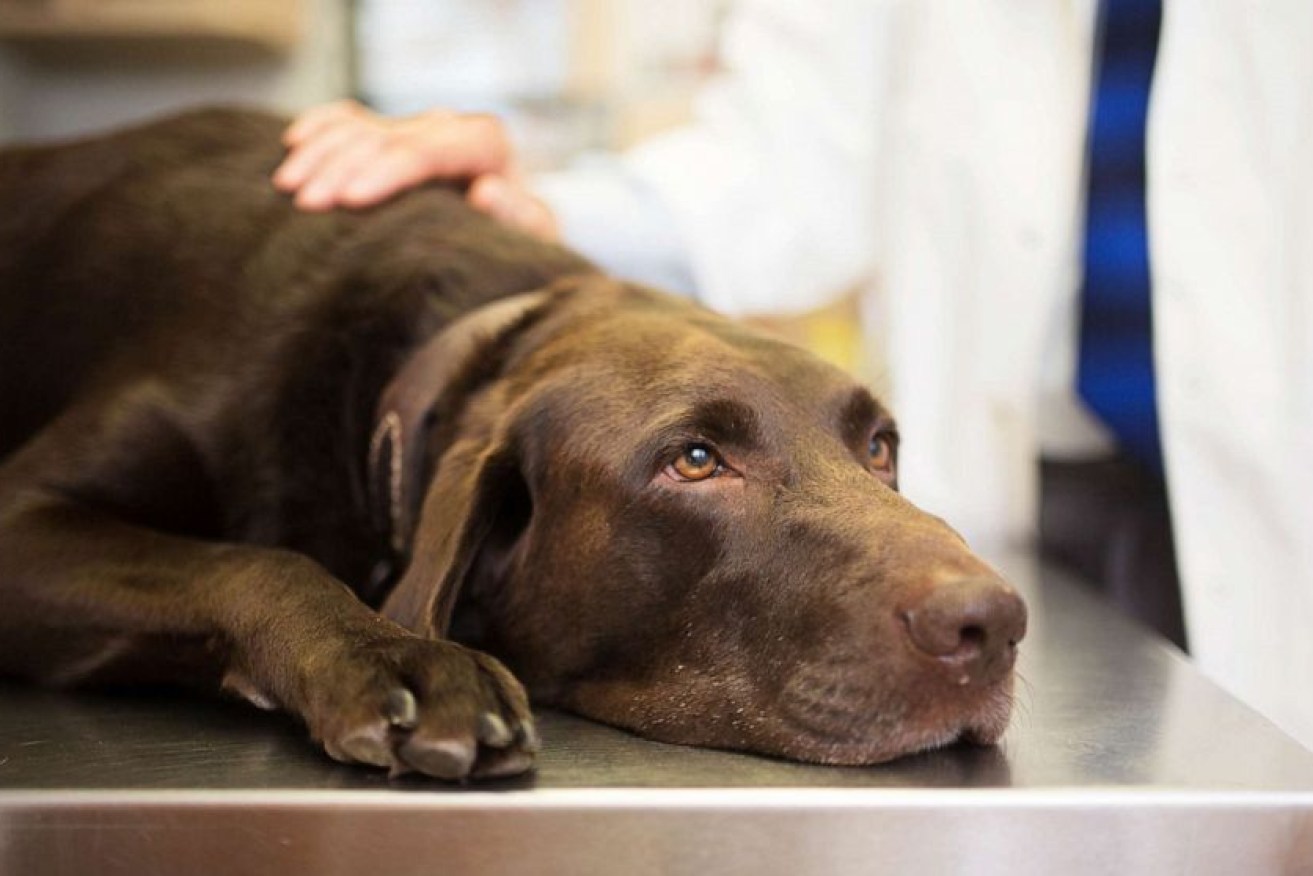Revealed: Distressing suicide crisis affecting Queensland’s country vets
Suicide rates among Australian vets are four times higher than the general population, with the practice of euthanising pets listed as one of the factors causing mental health decline.


The risk factors confronting Australian veterinarians have been included in a report compiled by psychologist and University of Southern Queensland academic Dr Nadine Hamilton, who has been investigating the reasons behind the industry-wide mental strain.
On average, she says, one vet is taking their own life every 12 weeks in Australia.
But it’s not endemic to Australia. Across the world, mental health experts are documenting similar trends, she says.
Among the leading causes of mental health distress in vets are having to euthanise animals, compassion fatigue for both animals and their owners, dealing with difficult clients and managing financial issues relating to their businesses.
“Vets also tend to be high achievers and perfectionists,” she said.
“They put unrealistic expectations on themselves, which creates enormous pressure, often also driven by their clients’ expectations to be miracle workers.
“The reality is simply that not every animal can be saved.”
Hamilton said that in rural areas, vets were also confronted with long stretches of loneliness and feeling under-valued and unsupported working in sole practices.
Access to powerful animal medicines that are lethal to humans, was also inflating the suicide rate, she said.
“Many vets are, unfortunately, accessing these medicines to end their lives, which when they are a sole operator, are easier to access,” she said.
“In bigger clinics there are often procedures in place that require more than one person to sign-off on having those types of drugs released.”
The distressing record, she says, is being reflected in workforce decline, with the industry suffering an attrition rate of 38 per cent.
“On average, regardless of whether clinics are based in the city or the country, it’s taking 6-12 months to fill vacancies,” she said.
“I know of some clinics where it’s taken 18 months, which puts additional pressure on the vets and vet nursing staff working in those settings where they can’t attract new recruits.”
Hamilton, who started a charity called Love Your Pet, Love Your Vet to address the issue, said she has also lodged a submission with the federal government calling for more support.
“But all pet owners and people who use the services of vets have a role to play,” she said.
“It could be as simple as giving them a smile and telling them that they are appreciated.”
The Australian Veterinary Association was contacted for comment.










